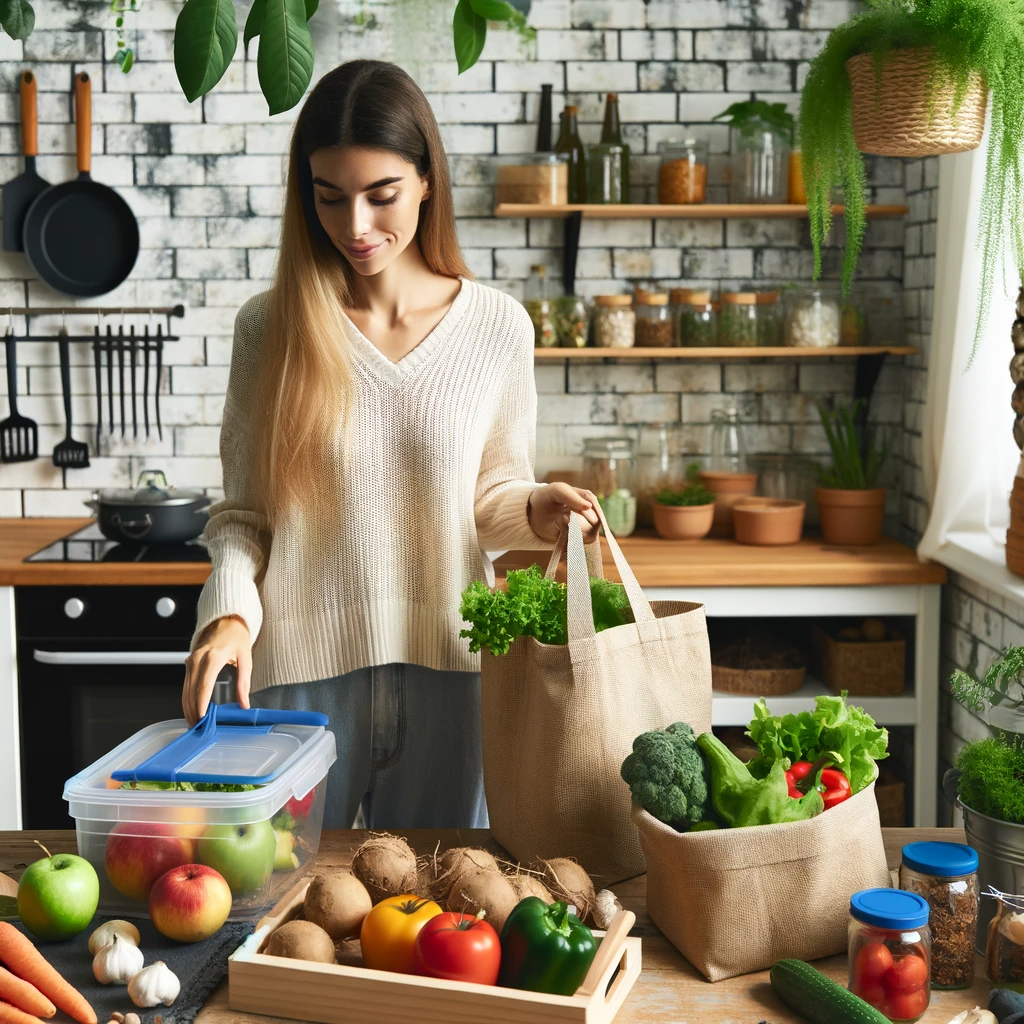In today’s environmentally conscious world, the concept of a ‘Zero Waste Kitchen’ is gaining significant attention. This movement isn’t just about waste reduction; it represents a fundamental shift in how we approach food. In this blog post, we will delve into innovative strategies for adopting a Zero Waste Kitchen, ensuring that our culinary practices are both sustainable and responsible.
Understanding the Zero Waste Kitchen Philosophy
Before we explore practical tips, it’s essential to grasp the essence of the Zero Waste Kitchen philosophy. This approach goes beyond recycling; it involves minimizing waste generation from the outset. A Zero Waste Kitchen strives to make the most of every bit of food, leaving nothing destined for the landfill.
1. Meal Planning for Minimal Waste
The journey toward a Zero Waste Kitchen begins with thoughtful meal planning. Carefully organizing your weekly meals helps you buy only what you need, significantly reducing food waste. This practice also saves money and time during grocery shopping.
2. Sustainable Shopping Habits
When shopping, prioritize buying in bulk and select products with minimal packaging. Bringing your own reusable bags and containers not only minimizes packaging waste but also enables you to purchase the exact quantities you require, aligning with the Zero Waste Kitchen ethos.
3. Proper Understanding of Food Freshness
A common cause of food waste is the misinterpretation of product expiry dates. It’s crucial to distinguish between ‘best before’ and ‘use by’ dates. In most cases, foods remain consumable after their ‘best before’ date, significantly reducing unnecessary food disposal.
4. Creativity with Leftovers
Cultivate creativity with leftover ingredients. Transform them into new and exciting meals instead of throwing them away. This approach is at the core of a Zero Waste Kitchen, turning potential waste into delightful dishes.
5. Composting for a Sustainable Kitchen
Composting plays a vital role in achieving a Zero Waste Kitchen. By composting organic waste, you not only reduce landfill-bound waste but also create a valuable resource for your garden.
6. Food Preservation Techniques
Preserving food through techniques like freezing, canning, or drying extends the shelf life of your produce and aligns with the principles of a Zero Waste Kitchen. This allows you to enjoy seasonal fruits and vegetables year-round.
7. Homegrown Produce
Consider cultivating your own herbs and vegetables. This practice not only reduces waste but also ensures a ready supply of fresh, organic produce.
Conclusion
A Zero Waste Kitchen is not an overnight transformation but a journey. It demands commitment and innovation, but the rewards are substantial for both the environment and your well-being. Start small, implement these strategies gradually, and soon, you’ll be on your way to a sustainable, Zero Waste Kitchen.
.






